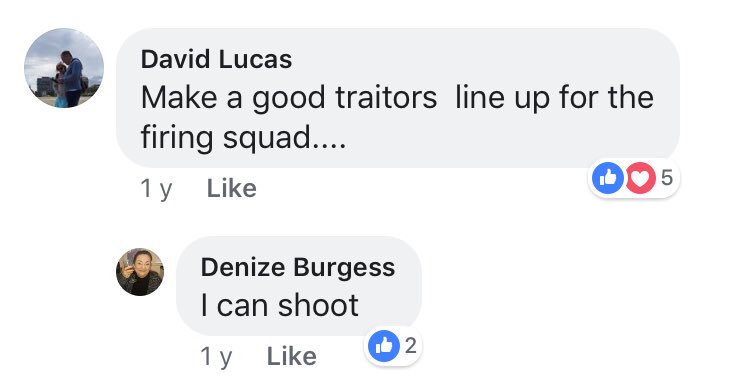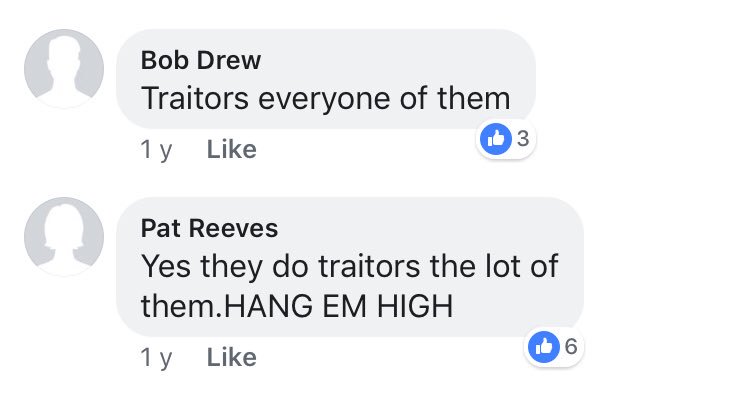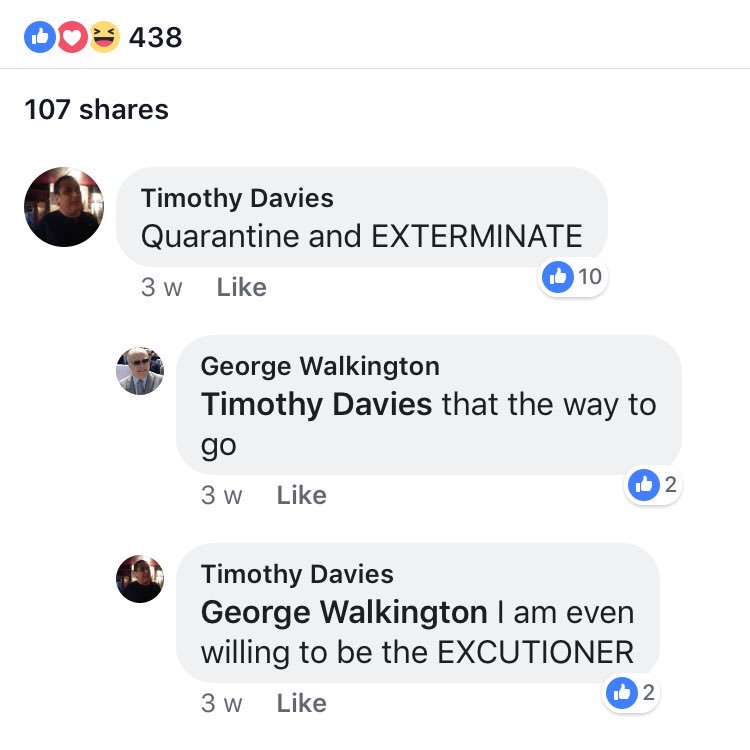A strategy - in anything, war, peace, daily life, whatever - has three basic parts: 1/20
2) A desired goal or situation (= end-state)
3) A set of means to use the resources of (1) to produce the result of (2).
Basically, strategy is "where am I, where do I want to be, how do I get there?"
2/20
So the next time you see Important Leader Person getting up on a microphone and explaining what they've done, or are going to do, listen for any traces of actual strategy. 16/20
Clausewitz sets the strategic layer - w/ the political object - in the realm of *reason* deliberately. 18/20
But strategy is in the head, not the heart. 19/20



























